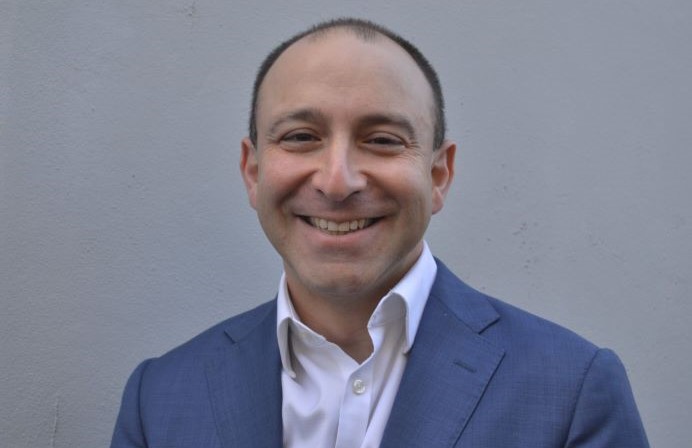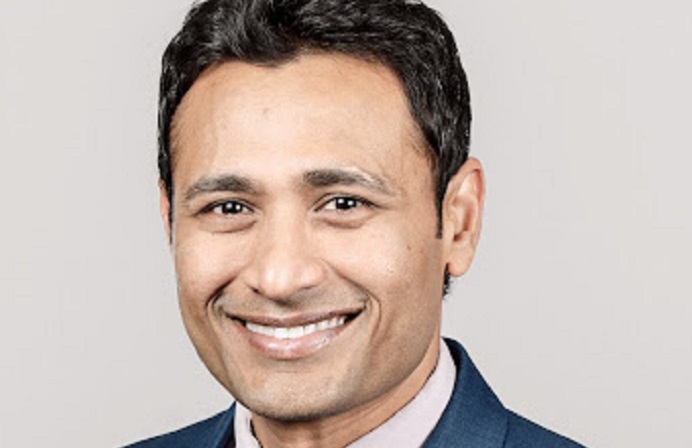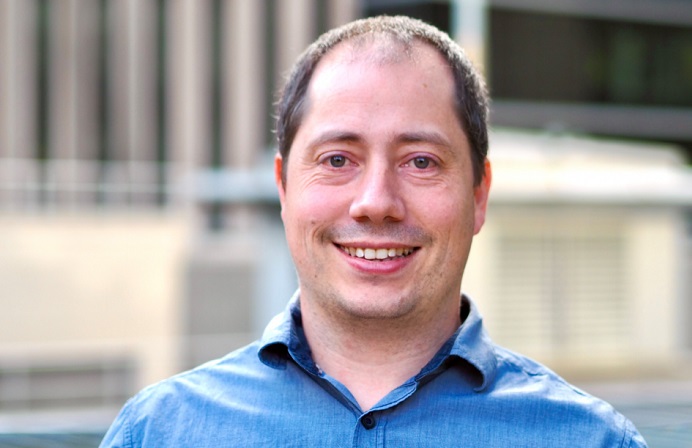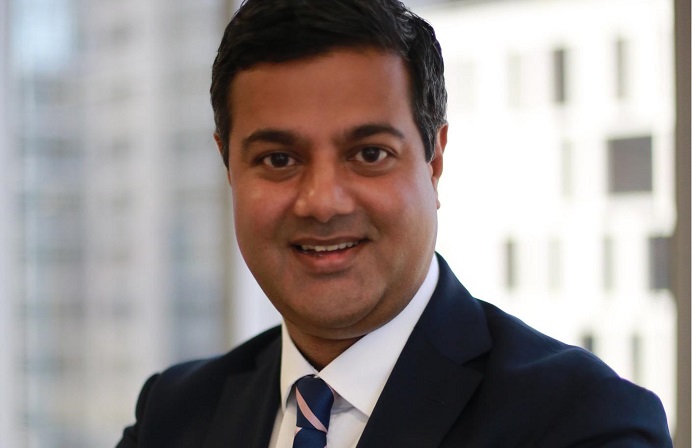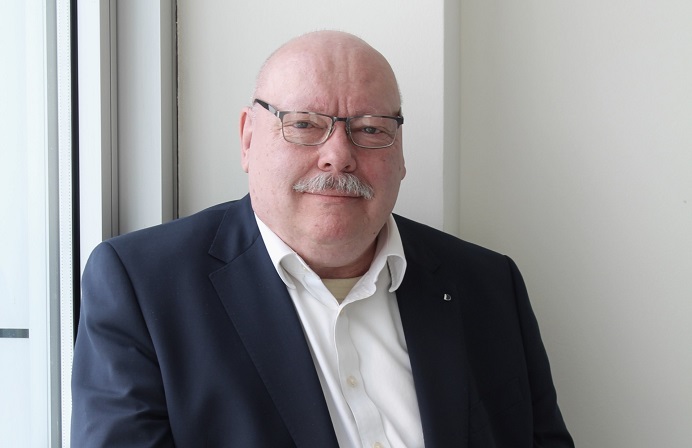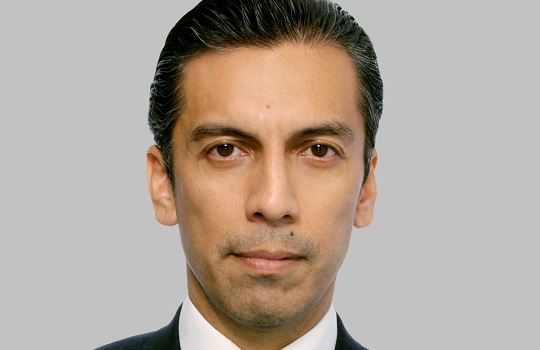
Zurich Life Insurance’s COO of Global Life in Singapore speaks to FST Media about what insurance will look like in 2020.
FST Media: What are your IT priorities for the next 12 to 18 months?
Carrillo: My priorities are to provide a more digitalised front-end solution for our distribution channels. At the moment we do not have a full end-to-end digital solution. We are looking at developing an end-to-end distribution portal, to ensure that we provide our distributors with an alternative and easier way to access Zurich Life Insurance.
FST Media: What role do emerging wearable technologies have to play in the insurance industry?
Carrillo: Emerging wearable technologies will definitely play a significant role in insurance and I think we are going to start seeing more people taking advantage of this technology. We have seen areas where people are able to take and monitor their blood pressure with their iPhones. As it gets collected, that data will allow insurers to underwrite more specific policies and tailor them to the policy holder.
FST Media: How has Zurich’s operational transformation program delivered value to the business and how will you measure success?
Carrillo: From an operational perspective, I think the key priority in Zurich Life Insurance’s transformation program was to understand the local market requirements because as you implement change you think the model that works in Switzerland will work here in Singapore, which is not necessarily true.
We have done quite a lot of market research with customer focus groups and distribution focus groups to better understand what our local market requires and what their needs are. What we have done on that particular point is we have launched a community; it is a close community but it is all digital. Basically, the community is like a social network which we monitor. We select potential clients and look at distributors of our products as well as those that do not distribute Zurich Life Insurance products. It is a good sample of participants, and we use that platform to push out key elements of our products. Specifically, we ask participants what they think our new life protection program. We say, ‘These are the features of the program, what do you think? What else would you like to see?’
As a result of that market research, we launched our Zurich Life Insurance protection application, which is multi-currency and a first for us in the local market. We have been very successful with this product – after launching in July 2014 we have already over-achieved our initial targets.
FST Media: What will be ‘the next big thing’ in telematics and what role will telematics play in the application of life insurance?
Carrillo: I think we have already seen the next big thing in the insurance industry, but more so within the auto insurance industry. Telematics use data to measure how you drive and provide you with rates based on your driving records and on the certain criteria that they measure. Within life insurance, it is interesting because with wearable technology specifically, such as the iWatch, as people start sharing more medical information we will be able to measure things like blood pressure, and BMI and know the people who are constantly at risk. For example, if your BMI was high when you took on life insurance and we are tracking that from a telematics perspective, we can offer more relevant solutions. We will start looking at such situations as whether customers who have had changes to their health and reduced their BMI deserve more protection for the same annual premium and other means for which telematics can help provide us with insights.
FST Media: How are you leveraging big data and analytics to meet customer demand for personalised insurance products?
Carrillo: There is so much data in the world of insurance. For insurance companies, it is part of the fundamental nature of what we do: we collect data. However, we do not always optimise the use of this data. Here at Zurich Life Insurance in Singapore particularly, it is important to use these data effectively as we are new in the local market and we need to gain as much of our customer insights as we can. However, I do think the more data that we collect – whether from wearable technology or telematics –will help us in the long run. We will start collating that data and this will increasingly move us towards personalised insurance.
FST Media: What will insurance look like in 2020?
Carrillo: I think underwriting will be based on big data and predictive analytics in 2020. My view is that the nature of underwriting will ultimately change as a function. In five years, operations will change as a function because if your entry point is going to be the Internet of Things and if you do straight-through processing then your operations staff will have a different role. They are no longer operations or policy servicing, they may become servicing executives that can provide access for any query that the Internet of Things may not give you. In 2020, it may be that in filing a claim you will not need a death certificate anymore, all that information will be accessible through different means, as governments may be tied into databanks. In Singapore specifically, we could draw on the list of deaths reported in the national statistics for instance. We will see who they are and we will immediately see who are our policy holders, which will be greatly beneficial to processing claims and of course to keep compliant with the regulatory body.
FST Media: How do you encourage a culture of innovation in your team?
Carrillo: For innovation to succeed, you need to allow your people to open up and contribute ideas, and not knock these ideas back. We reward our team for putting new ideas forward – we have knowledge-sharing across functions and allow our people to see other areas of the business with a fresh pair of eyes.
FST Media: How significant is the role of technology in your day-to-day life?
Carrillo: Technology is very significant; I think we all rely on email nowadays as a basic form of technology. South East Asia is quite technologically advanced and everything now has to be technology-based, specifically in Singapore. Without email there is no communication, and everything we are doing is now becoming increasingly electronically based.
FST Media: Every leader has a legacy they wish to be remembered for, what is yours?
Carrillo: I would like to be remembered for taking away the complexity in operations at Zurich Life Insurance. As insurers, I think the reason why change is so hard is because we think that we have to do everything and over-engineer processes for regulatory purposes. I think we need to reduce the complexity and bring it back to the customer experience. The ways that we have been doing that is: we have taken a review of all our applications, reduced them and put ourselves in the customers’ shoes. This is the key ingredient for long-term sustainability and success.

